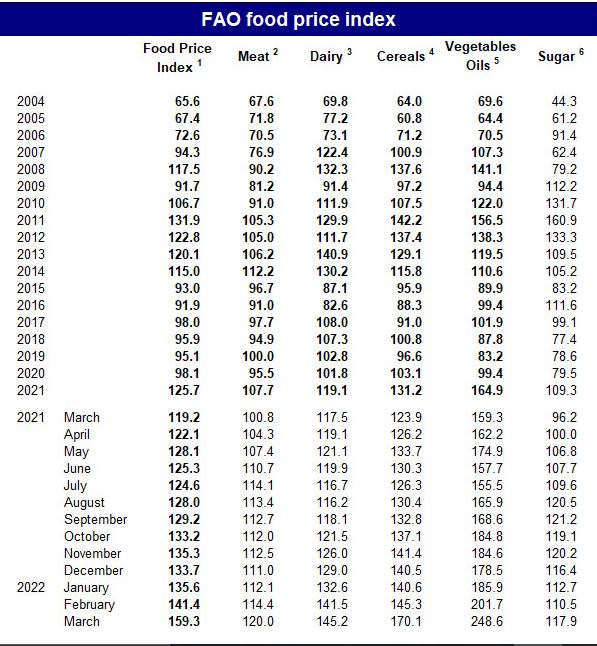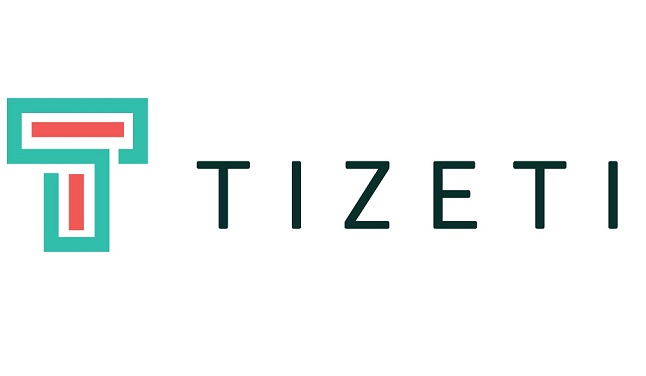Food remains a necessity for a sizeable portion of the earth’s population. Presently, many African nations are either facing food shortage or grappling with food price inflation.
Nigerian is not left out of the debate, as it is also currently battling with an all-time high 39.54 per cent inflation rate.
As the war between Russia and Ukraine rages on, global food prices continue to get disrupted. While Russia supplies a large percentage of oil and gas to petroleum importers around the world, Ukraine supplies a large percentage of food products, mainly cereals, to many countries as well.
Every year, the Ukraine exports cereals worth $9.4 billion to other countries of the world. It is also responsible for the exportation of animal/vegetable fats, oils exports worth $5.8 billion.
Two months after Russia’s invasion however, Ukraine is no longer able to produce these products as over five million citizens have fled the country. The farmers that are also left in the country have taken up arms, alongside other professionals like bankers, chefs and factory workers, to support Ukraine’s defence against Russia.
READ ALSO: No Electricity, Hiked Diesel Cost, Food Inflation. Elumelu Bemoans Nigeria’s Problems
Nigeria, like the rest of Africa, is already feeling the repercussions of Russia’s continued attacks on Ukraine. Human Rights Watch reported in April that a food crisis is already impacting Africa as a result of the war. The Kremlin’s decision to invade Ukraine has also been stated as the number reason food commodities have become more expensive and less accessible.
Nigeria actually does rely on both Russia and Ukraine for a significant percentage of their imports. Some of these imports include wheat, vegetable oils, fertilizer, and animal fodder.
However, the ongoing war has put a temporary stop to the importation of food from the region.
Consequently, Nigeria has struggled with increasing food prices, especially in 2022. The average price of sliced bread (500g) increased on a year-on-year basis by 34.98 per cent from N331.76 in March 2021 to N447.80 in March 2022. This is according to the Selected Food Price Watch from the National Bureau of Statistics in March.
READ ALSO: Food Scarcity Looms As Climate Change Deals With Nigerian Farmers
Russia and Ukraine account for billions of dollars in wheat and vegetable oil imports into Nigeria. The strangled billion-dollar-food exportation of Ukraine is also already influencing the cost of bread in the Middle East. The price of bread and all foods based on wheat flour are also poised to increase even as wheat consumption rises.


The Food and Agricultural Organisation of the United Nation Food Price Index made a giant leap to another all-time in March. The index shows cereals averaged 170.1 points in March when compared to February’s 145.3 points. This marks the highest level on record since 1990.
“This month’s increase reflected a surge in world prices of wheat and coarse grains, largely driven by conflict-related export disruptions from Ukraine and, to a lesser extent, the Russian Federation. The expected loss of exports from the Black Sea region exacerbated the already tight global availability of wheat,” the index reported.
Subscribe
Be the first to receive special investigative reports and features in your inbox.















